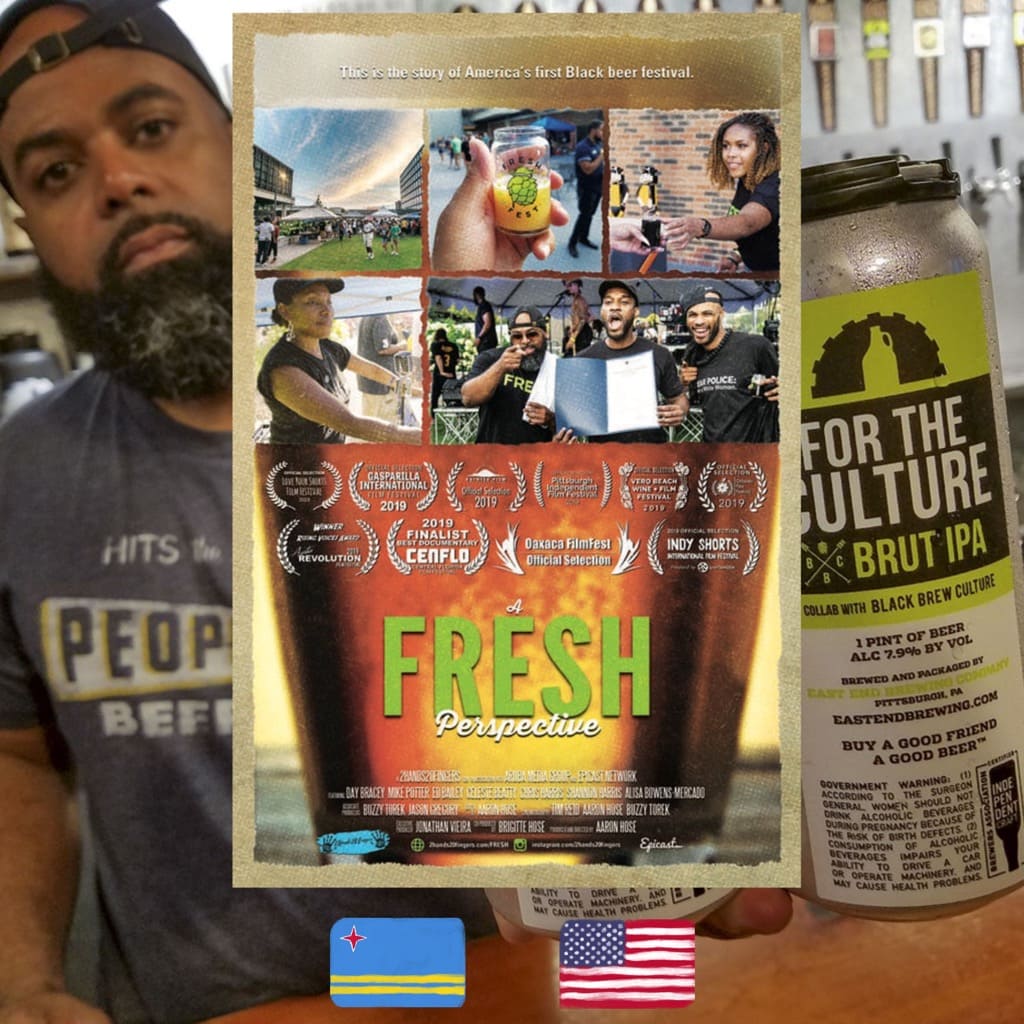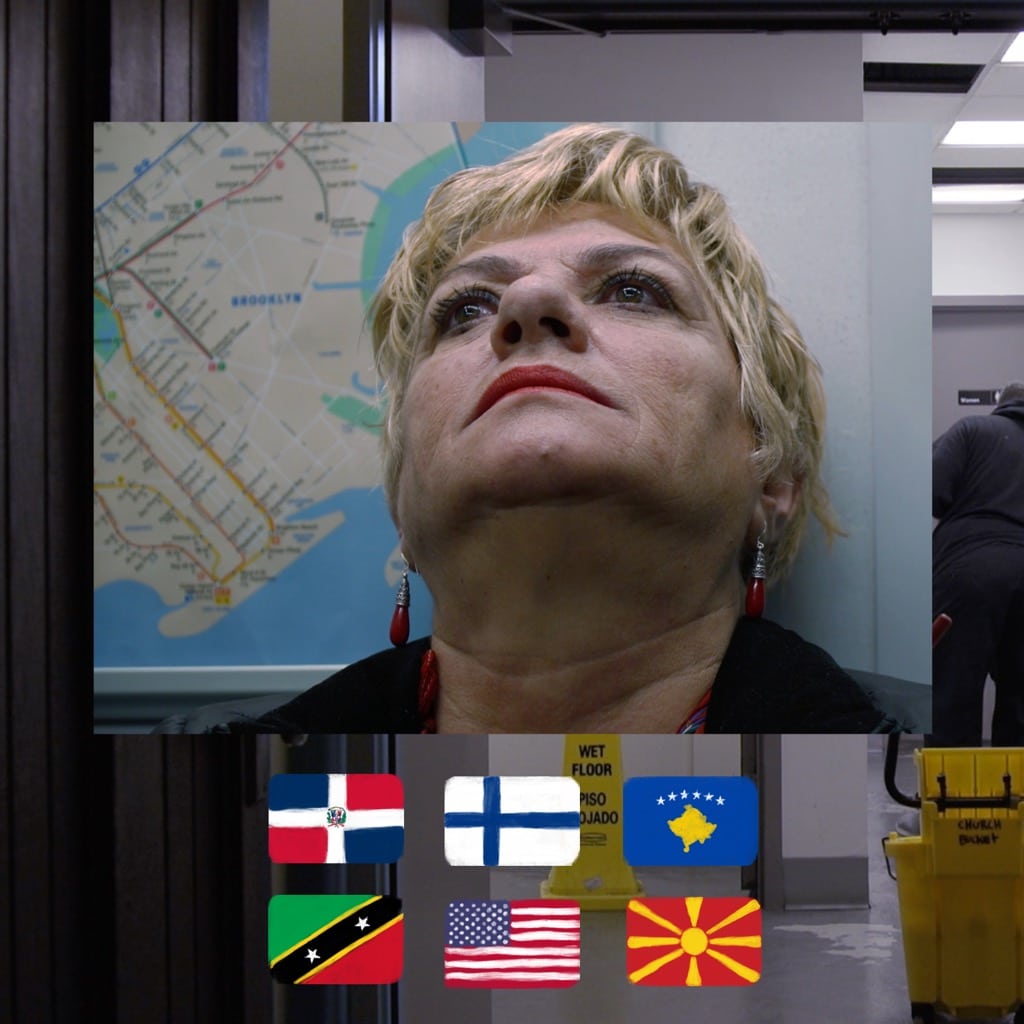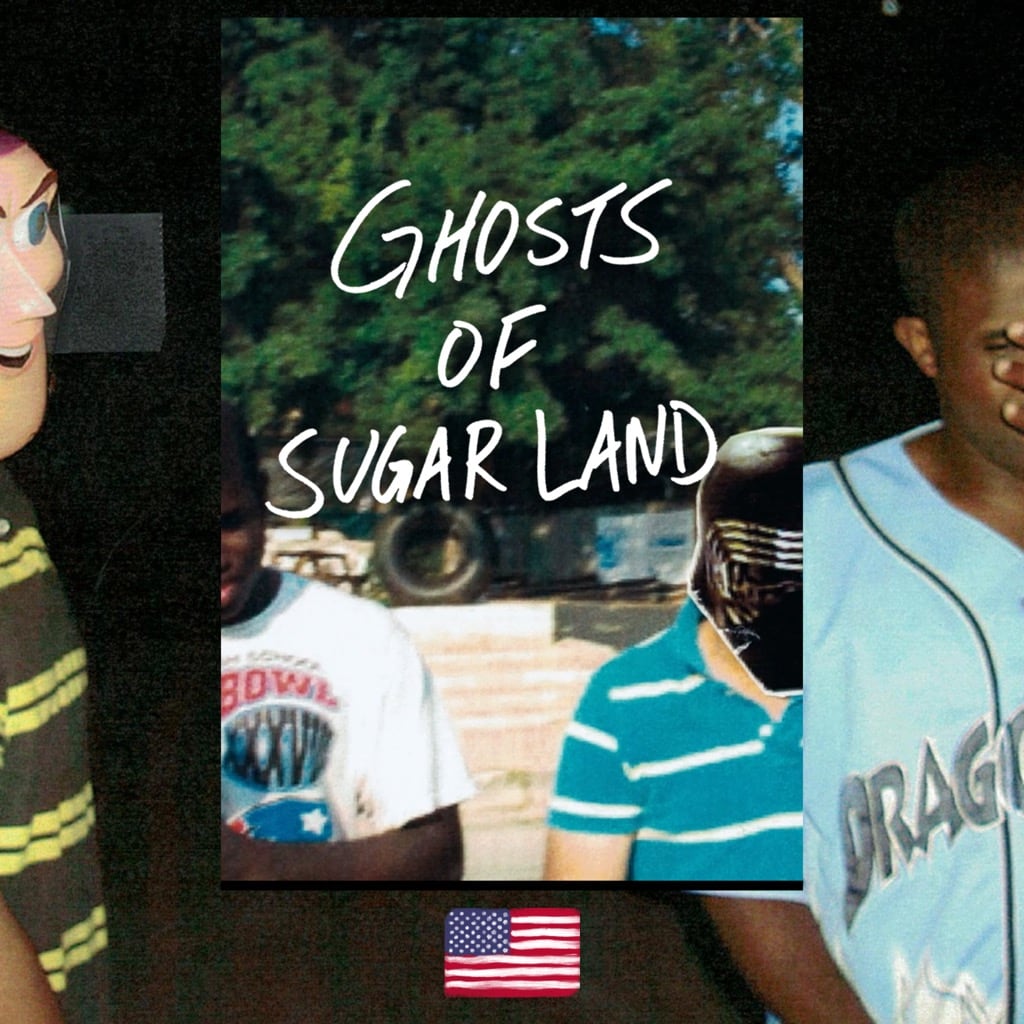A summer camp inspired by Woodstock allowed kids with disabilities to find their voices and a sense of community. Then, these kids led the movement towards an accessible, open social landscape for all



FROM UNITED STATES
WHAT IT’S ABOUT: Camp Jened, a summer camp founded in the 1950s, created a liberating space for children and teenagers of differing abilities to do whatever they liked—play sports, smoke, explore their sexuality, or just talk freely about the topics on their minds. Although the camp closed down in the late 1970s due to financial issues, the friendships formed at Camp Jened lasted. As the kids grew up into adults, they found themselves tired and angry with their forced seclusion and social exclusion of other Americans with disabilities from their country’s institutions. The documentary sheds light on the wild summers at Camp Jened, and then unfolds into the personal stories of disability activists, like Judith Heumann. Later in life, she led demonstrations and radical protests against the federal government to reconstruct a more inclusive society.
WHO MADE IT: Co-director Jim LeBrecht is a film and theater sound designer and mixer, author, and disability rights activist who was also a camper at Camp Jened in the 70s. LeBrecht met “Crip Camp” co-director Nicole Newnham while working as a sound designer on some of her previous projects. They worked together to recover footage of Camp Jened after LeBrecht sought out her insight for constructing a project around disability that LeBrecht felt needed a stronger story. In “Crip Camp,” LeBrecht leads interviews with the friends he made at Camp Jened and also includes his reflections on his experiences.
Lebrecht’s former campmate, Judith Heumann, is one of the world’s foremost disability rights activists. A tireless fighter for inclusive legislation since the 1970s, Heumann served as a Special Advisor on Disability Rights in Barack Obama’s administration. Of some of the other former campers interviewed in the film, Denise Sherer Jacobson is a writer and disability educator who appears in the film with her husband Neil Jacobson, whom she met at Camp Jened. The film also features the many campers, activists, volunteers, and Camp Jened’s founder Larry Allison, as well as the numerous people who stood with Camp Jened’s alumna in their struggle for disability rights in the 1970s.
WHY DO WE CARE: A unique degree of intimacy with the subject matter breathes this film to life. In the summer of 1971, members of an experimental filmmaking group, the People’s Video Theater, visited Camp Jened and directed LeBrecht to film the camp activities and campers’ conversations. LeBrecht contacted them decades later and found his 15-year-old self’s footage digitized and available for his documentary. LeBrecht wove this footage together with present-day interviews with the friends he met at the camp to create a kind of portal into each of their journeys to define their sense of self and identity.
The film draws attention to rarely discussed particularities, such as the stratification of types of disabilities in society’s eye, depending on what an able-bodied individual may perceive as less or more limiting. For instance, former camper Neil Jacobson recalls his mother asking him why he couldn’t have chosen to marry a woman she viewed as less disabled than him and, therefore, more worthy of marriage. Yet this moment, like many others throughout the film, refuses to ask for pity or sympathy in regards to this statement. In response to Jacobson sharing this information, LeBrecht explodes into peals of laughter that recognizes Jacobson’s experience and makes it ordinary in the context of their lives. Disability adds layers to the human experience, but what’s more is that this scene in the film becomes instantly relatable to anyone: parents don’t understand their children’s perspectives and think they know better. This bright representation of the former campers’ stories gives them the chance to retain their identities on screen rather than transform them into single-faceted manifestations of the disability. And the emphasis on the quirky, inspiring, and enlightening moments allows for more nuanced takeaways from the effect of societal attitudes toward differing abilities.
The question of bodily autonomy and the threshold of ability assigned to and by people with differing abilities is also an important theme throughout the movie. The former campers discuss how their sexual awakenings led them to feel more confident in their bodies and gain a refreshed motivation to assert themselves as beings with desire, who can also be desired by anyone. For others, drag and using their bodies in performance allowed them to access a more open form of bodily expression and autonomy.
In some ways, the most critical exploration of ability happened for many of them during acts of civil disobedience and protest. In 1977, over one hundred people, most of them with disabilities, staged a sit-in at the San Francisco Office of the U.S. Department of Health, Education, and Welfare. Judith Heumann, interviewed throughout “Crip Camp,” led this protest, which amplified the voices of people with disabilities, demanded visibility and personal power regardless of physical capacity. A taxing ordeal, even for the able-bodied participants, the sit-in succeeded in attaining signed legislation. “Crip Camp” draws on these different stories to create a greater narrative about people with disabilities that retains their power from their experiences.
WHY YOU NEED TO WATCH: “Crip Camp” also excels as a representation of subtle creative acts that nourish radical thought. Lebrecht’s lasting footage of his time at Camp Jened resists categorization only as a document of the past. The discussions and playful movements he captures amongst the campers relevantly align with their later protests and current lives. We see glimpses of Judith Heumann’s dedication to anti-discrimination activism as she organizes campers around deciding dining hall meals. The beginnings of critical discussions around social constructions of humanity are evident in the footage where campers get together to talk about their parents’ involvement in their lives and the privacy denied to them. Later on, as activists reflect on their participation in the protests, they explain how each person’s identity and social involvements enriched their movement. Reacting to archival footage presented throughout the documentary, these activists reveal the importance of leading with the recognition of the intersectionality of their cause. This recognition allowed them to mobilize in new ways and continuously educate and reeducate each other as their environment developed.
However, “Crip Camp” does not only represent a political movement, but its interwoven archival footage and intimate mode of interviews also create a developing testament to the profound artistic elements of documentation and review. This is something that is often accomplished by underrepresented figures in various social systems. Home video becomes valuable archival material in the hands of those who recognize its value, but often, the people who work with such footage are not always appreciated for their contribution to critical thought.
Therein lies one of the most beautiful aspects of this documentary: the exploration of one’s own identity through creative acts as a treatment for the internalized dehumanization cultivated by discriminative institutions. Near the end of the film, LeBrecht testifies to the pressure he put onto himself to attempt to overcome his disability, which ultimately took an immense toll on him. His involvement with the story, dedication to the anti-discrimination movement, and confessions about his journey of self-actualization come together as a bold statement. And, most importantly, it’s a revelation of a filmmaker coming to terms with the expectations and takeaways arising throughout the filmmaking process.
Crip Camp, 2020
Directors: James Lebrecht and Nicole Newnham
For more content like this sign up for our weekly newsletter
WATCH THE TRAILER















